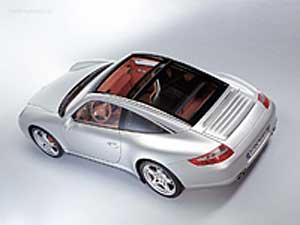This is an old story — the scandal of the ICT curriculum in schools. (I’ve ranted on about it before.) Now Jakob Nielsen’s having a go…
I recently saw a textbook used to teach computers in the third grade. One of the chapters (“The Big Calculator”) featured detailed instructions on how to format tables of numbers in Excel. All very good, except that the new Excel version features a complete user interface overhaul, in which the traditional command menus are replaced by a ribbon with a results-oriented UI.
Sadly, I had to tell the proud parents that their daughter’s education would be obsolete before she graduated from the third grade.
The problem, of course, is in tying education too tightly to specific software applications. Even if Microsoft hadn’t turned Excel inside out this year, they would surely have done so eventually. Updating instructional materials to teach Office 2007 isn’t the answer, because there will surely be another UI change before today’s third graders enter the workforce in 10 or 15 years — and even more before they retire in 2065.
There is some value in teaching kids skills they can apply immediately, while they’re still in school, but there’s more value in teaching them deeper concepts that will benefit them forever, regardless of changes in specific applications.
Teaching life-long computer skills in our schools offers further benefit in that it gives students insights that they’re unlikely to pick up on their own. In contrast, as software gets steadily easier to use, anyone will be able to figure out how to draw a pie chart. People will learn how to use features on their own, when they need them — and thus have the motivation to hunt for them. It’s the conceptual things that get endlessly deferred without the impetus of formal education…
He goes on to list the kind of conceptual skills he has in mind. Useful essay.

